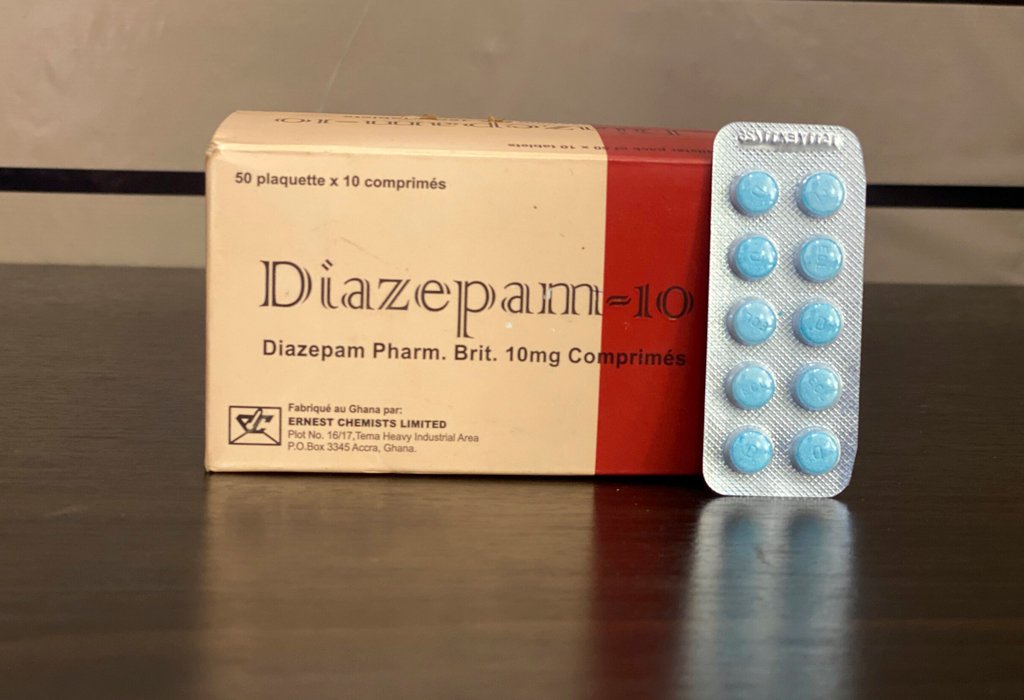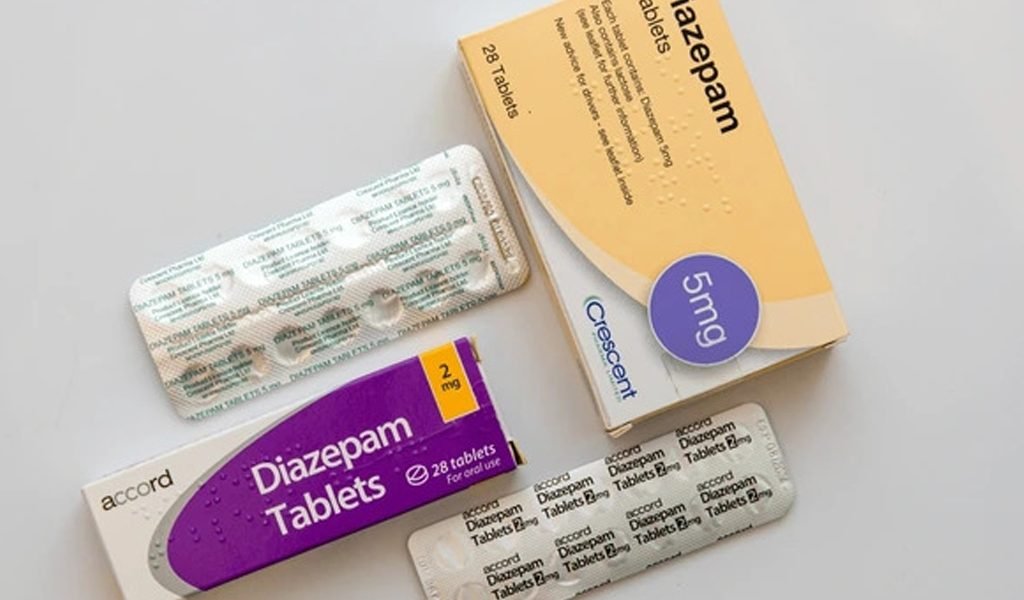Introduction
The prescription drug diazepam, also marketed under the brand name Valium, is a member of the benzodiazepine class. It is frequently used to treat ailments like anxiety, seizures, spasms in the muscles, and the symptoms of alcohol withdrawal. We will go over what diazepam is, how it works, its advantages, potential drawbacks, and safe usage in this tutorial.
1. What Is Diazepam?
Diazepam is a depressant of the central nervous system. It helps to lessen nervous system hyperactivity by enhancing the effects of GABA, a calming neurotransmitter in the brain. Because of these relaxing properties, it is recommended for:
Generalized anxiety disorder (GAD)
Acute alcohol withdrawal
Muscle spasms or stiffness
Seizure disorders (as adjunct therapy)
Sedation before medical procedures
2. How Does Diazepam Work?
In order to slow down brain activity, GABA is amplified by diazepam. This can help calm people down, relax their muscles, prevent seizures, and lessen anxiety. Typically, the soothing effect begins within 30 to 60 minutes.
3. Proper Usage and Dosage
Form: Oral tablets, injection, rectal gel
Dosage: Varies depending on condition; often 2–10 mg taken 2 to 4 times daily
Duration: Short-term use is recommended due to risk of dependence
Always pay close attention to what your doctor prescribes. Never change the dosage without consulting a doctor.
4. Possible Side Effects
Common side effects include:
Drowsiness or fatigue
Dizziness
Blurred vision
Muscle weakness
Memory issues or confusion (especially in elderly patients)
Seek immediate medical attention if you notice:
Difficulty breathing
Severe drowsiness
Unusual mood or behavior changes
5. Warnings and Precautions
Addiction Risk: Long-term or high-dose use can lead to dependence
Withdrawal Symptoms: Do not stop abruptly; taper under medical supervision
Avoid Alcohol: Increases sedative effect and can be dangerous
Pregnancy & Breastfeeding: Not recommended unless necessary
6. Is Diazepam Legal in the UK?
Yes, according to the UK’s Misuse of Drugs Act, diazepam is a regulated prescription-only medication. Diazepam cannot be purchased or sold without a legitimate prescription from a registered healthcare professional.
7. Alternatives to Diazepam
For those looking for non-benzodiazepine options, alternatives may include:
SSRIs (e.g., sertraline) for anxiety
Muscle relaxants (e.g., baclofen)
CBT therapy (non-drug option)
Herbal supplements (Valerian, CBD, etc.)
Conclusion
Diazepam can be an effective treatment for short-term anxiety, seizures, and other nervous system-related issues. However, due to its addictive nature, it should only be used under strict medical supervision. If you’re experiencing symptoms that might require Diazepam, consult your healthcare provider for a personalized treatment plan.




